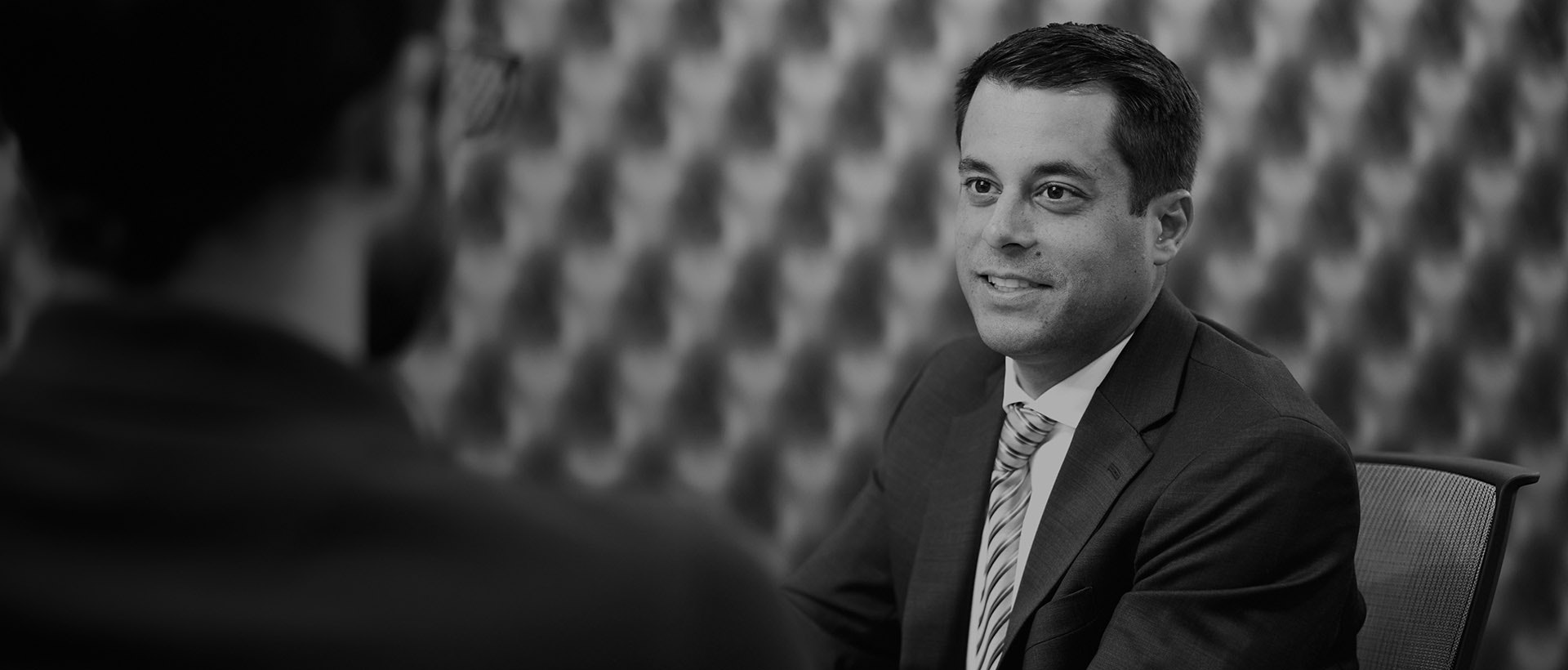Evaluating and Resolving E&O Insurance Disputes in Colorado
Errors & Omissions (E&O) insurance disputes require a strategic, fact-driven approach rooted in contract interpretation and insurer accountability. At Vargas Gonzalez Delombard, LLP, we take a comprehensive view of each case to determine the most effective path forward, whether that means policy enforcement through negotiation or full-scale litigation under Colorado law. Our process includes:
Thorough Policy Review and Denial Analysis
We begin by closely analyzing your E&O insurance policy, including:
- Endorsements
- Exclusions
- Retroactive dates
- Notice provisions
- Definitions of “wrongful act” or “professional services”
We also examine the insurer’s denial letter to identify whether the basis for denial is legally justified or simply a cost-saving tactic. Insurers often rely on vague or overly broad policy exclusions. We assess whether their interpretation aligns with Colorado precedent and whether their denial violates the policyholder’s reasonable expectations of coverage.
Independent Investigation of the Alleged Error
Next, we gather and review the facts surrounding the incident giving rise to the claim. This includes:
- Professional engagement agreements
- Communications with the client or complainant
- Internal documentation, deliverables, or reports
- Any prior claims or disciplinary actions relevant to the dispute
We clarify the timeline of events to demonstrate how the act falls within the policy’s coverage period and defined scope of services.
Challenging Bad Faith and Improper Conduct
If the insurer unreasonably delayed or denied your claim, we may pursue damages under Colorado’s bad faith statutes—specifically C.R.S. § 10-3-1115 and § 10-3-1116. These laws prohibit insurers from denying claims without a reasonable basis and allow policyholders to recover double damages plus attorney’s fees for knowing violations.
We also evaluate whether the insurer failed to conduct a fair investigation, applied exclusions unfairly, or misrepresented policy terms—each of which may support statutory or common law bad faith claims.
Negotiating or Litigating for Full Compensation
Where possible, we pursue early resolution through negotiation, mediation, or appraisal to recover:
- Defense costs
- Settlement or judgment coverage
- Consequential and statutory damages
- Interest and legal fees where applicable
If the insurer refuses to resolve the dispute fairly, we are fully prepared to file suit in Colorado state or federal court for breach of contract, bad faith, and declaratory relief. Our trial-ready posture often pushes insurers to settle favorably before trial.
Profession-Specific Legal Strategy
We recognize that a claim involving a real estate broker, engineer, or financial planner may raise different legal and factual issues than a claim involving a healthcare provider or insurance agent. Our attorneys tailor each case strategy to your profession’s standards, applicable regulations, and common claim pitfalls, ensuring your defense is both personalized and effective.








